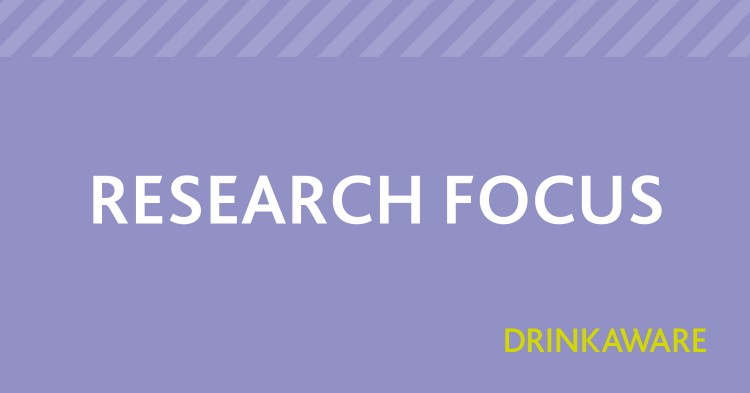Growing Up In Ireland
To borrow a quote from the 7th Report in the “Growing Up in Ireland” Series “from 18 years of age, they (young adults) are legally able to enter into a binding contract – which means they can now apply for credit (and get into debt). Eighteen-year-olds can also marry, join the Garda or the Defence Forces, claim unemployment payments, vote in elections, legally buy cigarettes and alcohol, gamble and serve on a jury.”
Young adults, those aged between 18-24, have experienced these changes at a pivotal moment in their lives. They are navigating through a period of their lives that prior to COVID-19, has been marked by adjustment and change as well as growing levels of responsibility.
Having said this, the overarching themes from the 10th and latest Report in the “Growing Up in Ireland” Series tell us about the impact of Covid-19 on young adults of being separated from friends and family, the difficulties they have experienced with education and work, accessing adequate housing and the impact of the pandemic on physical and mental health.
Mental Health
It is also timely, as of writing this blog there has been the publication of two key reports. The latest report from the Health Research Board (HRB) and the report from the Mater Hospital on long-Covid and how three-quarters of those suffering are drinking too much and experiencing more anxiety and depression.
Both above noted reports along with recent reports from Drinkaware in 2020 and 2021 and the Healthy Ireland Survey 2021 Summary Report stressed how people and particularly, young adults with alcohol dependence are more likely to have mental health problems and severe anxiety.
Aside from the Growing Up in Ireland Data, other publications such as the Deloitte’s Annual Gen Z and Millennial Survey highlight that many young adults are more likely to live paycheck to paycheck, be financially insecure and many are likely to feel burnout. In addition, research conducted by the Department of Children and Youth Affairs and Spunout, noted a series of shared challenges faced by many young adults in this study and it provides important indicators as to why young adults are reporting a low mental wellbeing.
This is further personified in a Behaviour and Attitudes’ Sign of the Times 2021 survey where 87% of 16–24-year-olds reported ‘when things go back to normal’ and living life to the fullest is a key priority, which the consequences of the Covid-19 pandemic prevented from happening.
It is well known that there are links between alcohol misuse and psychiatric issues and over a series of three blogs Drinkaware intend to discuss this through the lenses of why some young adults drink to excess and what reasons do young adults do this for. The blog series over the next three months intend to discuss broadly, young adults and drinking behaviour, young adults and mental & physical wellbeing and its relation to alcohol use and employment, housing, and education conditions and its impact on wellbeing and its link to alcohol consumption.
The main objective of this blog but also our research in general is to understand the who, what, when, how and why of drinking in Ireland by providing an overview of drinking behaviour, assessing its impact on mental health, and looking further to drinking practices with the goal of realising our vision and our mission of preventing and reducing the misuse of alcohol in Ireland.


